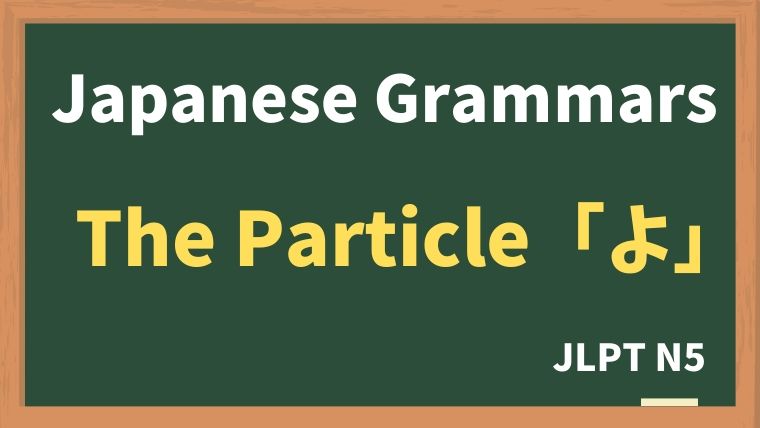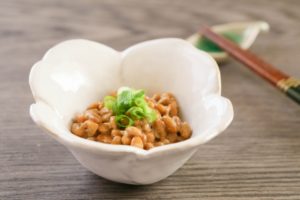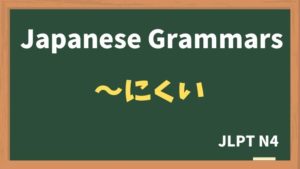
Explanation:〜よ
The particle 「よ」 is used at the end of a sentence to emphasize information, usually when the speaker believes the listener does not know it. By adding 「よ」, the speaker highlights that the information is certain or important, often to assure, encourage, or correct the listener. It gives a slightly more assertive or informative tone to statements and is a common way to make conversations sound friendly and engaging.
fa-check-circleMeaning
"I'm telling you..." / "for your information" / "you should know..."
fa-check-circleForm
Sentence + よ。
「よ」 attaches to the end of a sentence to emphasize the point, helping to convey confidence or emphasis in what the speaker is saying. It’s often used in informal or friendly contexts.
fa-check-circleJLPT Level
N5
Sample sentenes
A:納豆は おいしいですか。
B:はい、おいしいですよ。
A:Is natto delicious?
B:Yes, it’s delicious.

A:明日は 授業が ありますか。
B:いいえ、ありませんよ。
A:Are there classes tomorrow?
B:No, there is not.
A:あれ、トムさんは?
B:今日は、来ませんよ。
A:Um…Where is Tom?
B:He won't come here today.
Vocabulary
| Japanese | English |
| おいしい | delicious |
| じゅぎょう | class |






